Home is the most important word in the Irish vocabulary. It will be the word that soon changes a century of conservative political leadership in Ireland.
When we ask a fellow Irish person if you are going home for Christmas, we mean more than just returning to Ireland. We mean to which county, townland, and parish and to what people.
Home has also always been our political establishment's biggest blind spot because for them home has never quite been as complicated a question as it has for the tens of thousands of less fortunate of us, for whom it has always been so much harder to leave and return.
For our boom and bust political establishment, there are welcoming satellites of Ireland to be found in every major coastal city here, those well-staffed consulates that will point, guide, and host them from the moment they land to the moment they depart.
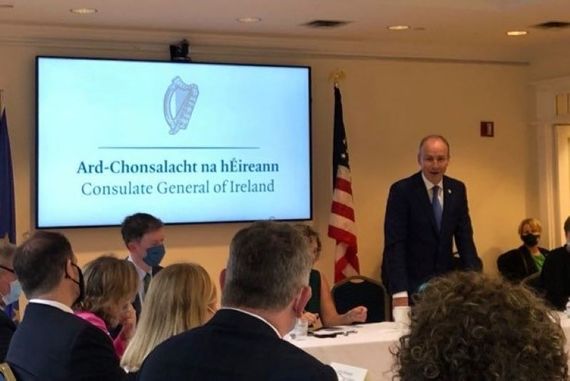
I have watched these cozy Irish ministerial visits at close quarters for many years now and I have often wondered what they were seeing and hearing, or what their investment in these visits – and us - actually was.
I wondered because nothing much seemed to change in the basic calculus between Ireland and the Irish immigrant communities here in the US that they so often visited.
No consequential big visa pushes happened, no great calls to come back to Ireland to live and work again went out, there was no discernible urgency about the economic factors that had propelled us to leave in the first place, and no great work has been undertaken to transform how we are governed and who wins and loses.
In fact a lot of the time, it seemed to me, they came to pose for some nice community photographs and then take a Business Class Aer Lingus flight back home, but I may not have been casting the most sympathetic eye.
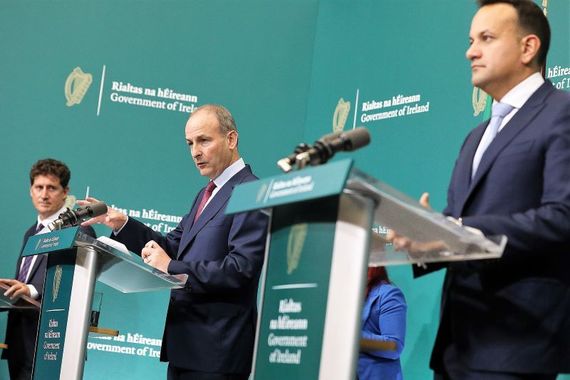
Ireland also needs to plan and fund a better health care system to provide for the rapidly aging population, but that project has been very slow to commence.
And finally, Ireland needs to transition its car-worshipping economy toward much more sustainable business practices, to help respond to the climate crisis affecting not just the country but the globe.
These are of all largely tax and welfare questions, of course. But those two words sound like seizing the means of production in the conservative corridors of Leinster House, the Irish Parliament building.
That is a great pity because Ireland now has the second most unequal distribution of earned wealth in the developed world, and that circumstance is completely unsustainable.
We have just witnessed the near social collapse of the United Kingdom, which is rapidly becoming an economic basket case, so we are concerned not to replicate their disastrous and ideologically driven economic decisions at home.
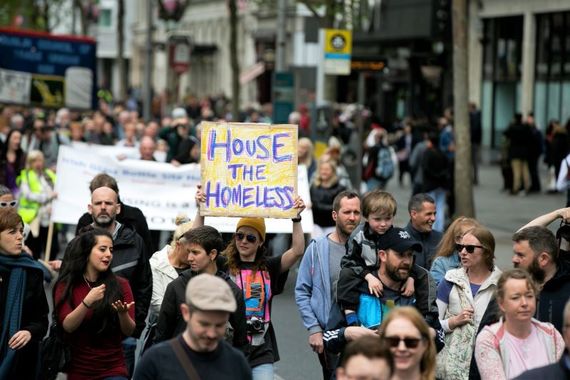
Taxing wealth as well as income is the obvious and logical solution. The share of taxation from Ireland's major property and wealth holders is ostentatiously low and should certainly increase.
Taxes from wealth account for only 6% of Irish government revenue. Capital acquisition and capital gains taxes also need to be reformed.
Because the rich pay so little the young people and the less well off are forced to pay more. There is no plan by the coalition Fine Gael and Finna Fail parties to change that basic economic calculus, either.
What this means is that the Irish government has already decided who it really works for. Here's a hint: it's not you. It's the landlord class and the well-to-do. Wealth, assets, and property are all carefully protected, as they have since the foundation of the state.
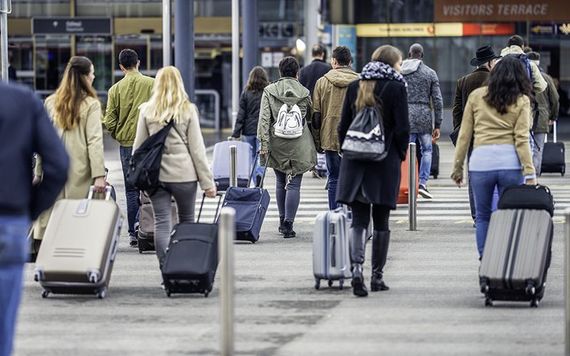
So it will be ironic if homes and home buying, freighted as they are with our fraught colonial history, become the signature issue that unmasks the whole tottering edifice, bringing about the least common Irish political event of all: dramatic change.
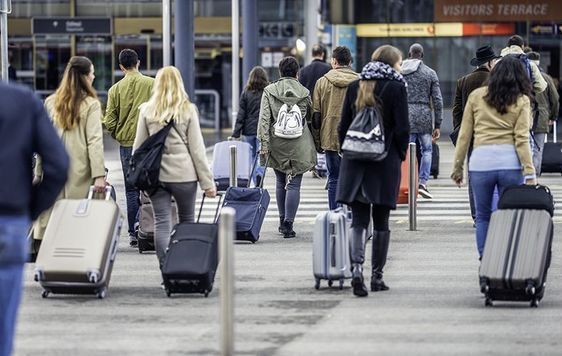



Comments